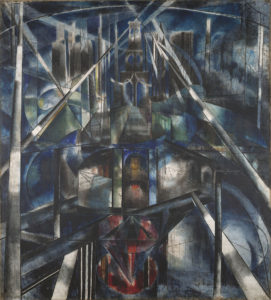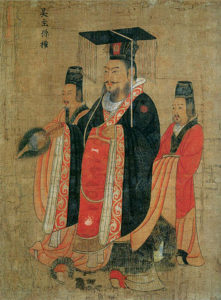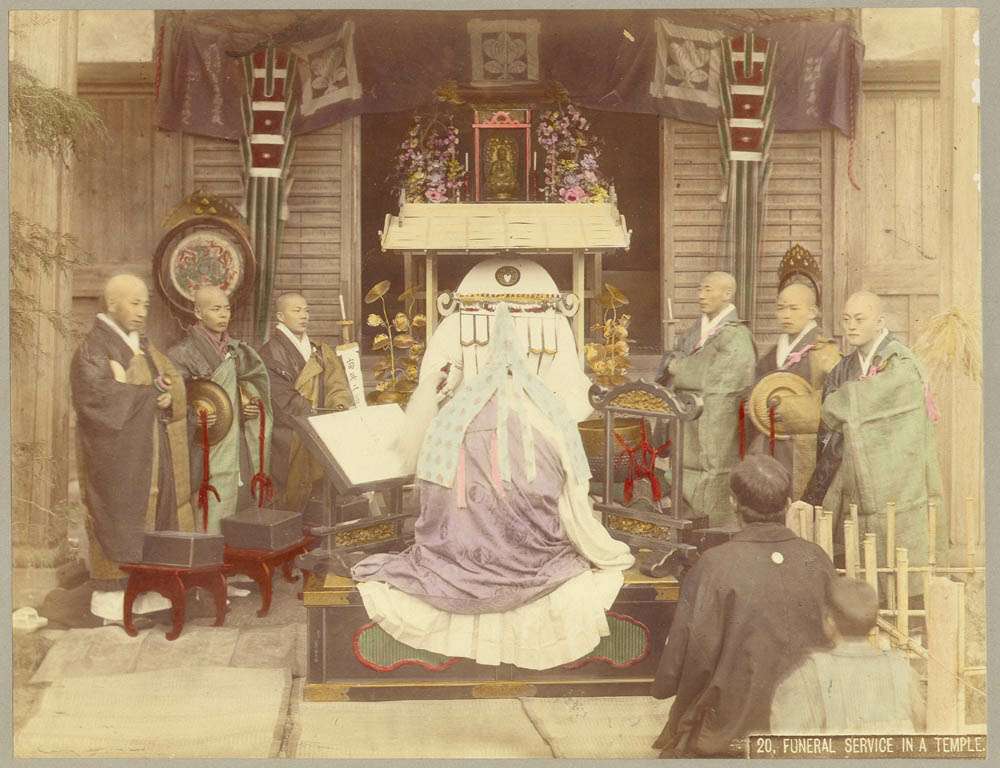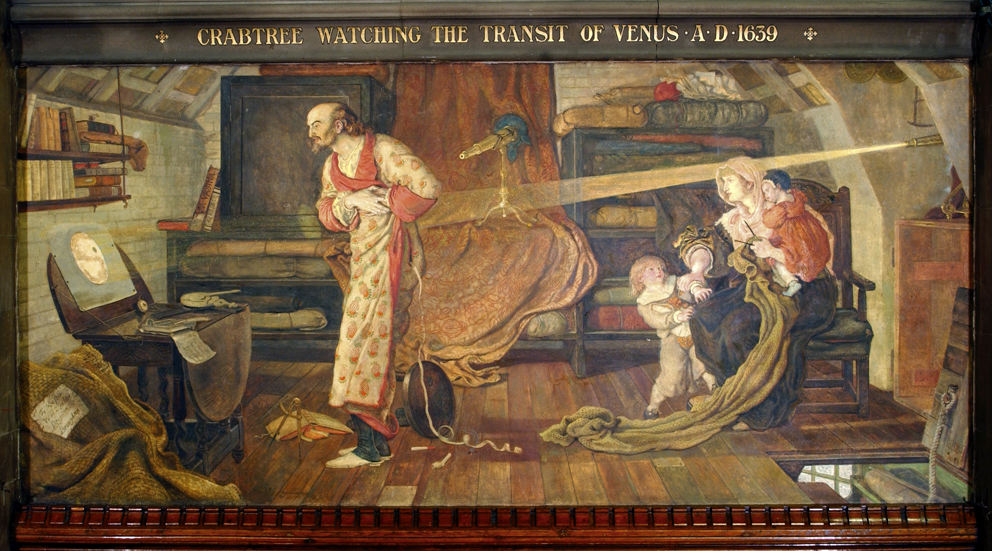
stop the car, stop the car (we’re on the bridge) I’m getting out
I’ve have got to see
do you see? a light down in the bay
under the water, it’s calling up to us
can you curb the urge? climb onto the rail and scramble over
to the other side, but one more step. and the push
it boils up from deep inside, and you know
it just feels right; this thing is what you
were born to do
as the cars and trucks rush by, lost in their exhaust
and automation
if they see you at all, they don’t care
or feel the way you do
machines, deaf to the siren song
and blind to the beacon in the deep, green water below
it’s yours, this urge; they can’t take this thing away from you
so let it play out as it may on your conscience
like fingers on the keyboard, pressed into the service
of a Bach suite
it is not death you are afraid of, it is knowing (as you do)
that you will not die, after this, but only emerge
if you’d never grow up, if you’d never change
if you’d have everything you had ever known stay the same
and be powerless when in changes, in spite of everything
you are or try to do
all that you have got to do
is cowardice; grow deaf and blind like those machines
that bearing their passengers and cargo across the bridge
oblivious to the chance, this one chance
to be ever so much more
than they are, or could otherwise be
to be really and truly alive, you must dare to leap
and, leaping, break your chrysalis against the water
and emerge, triumphantly aware of the wings you’d grown
under a shroud of flesh and bone


